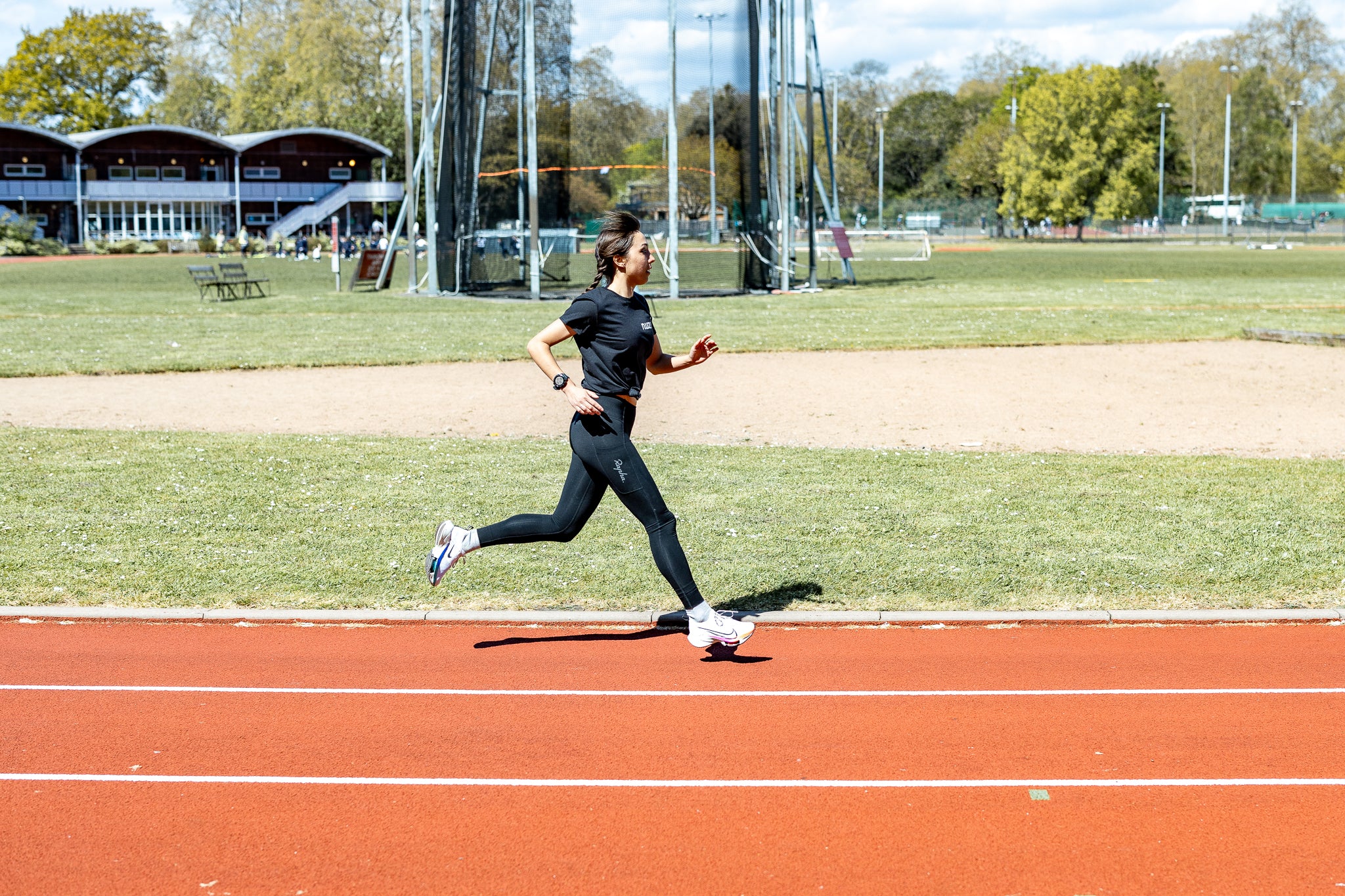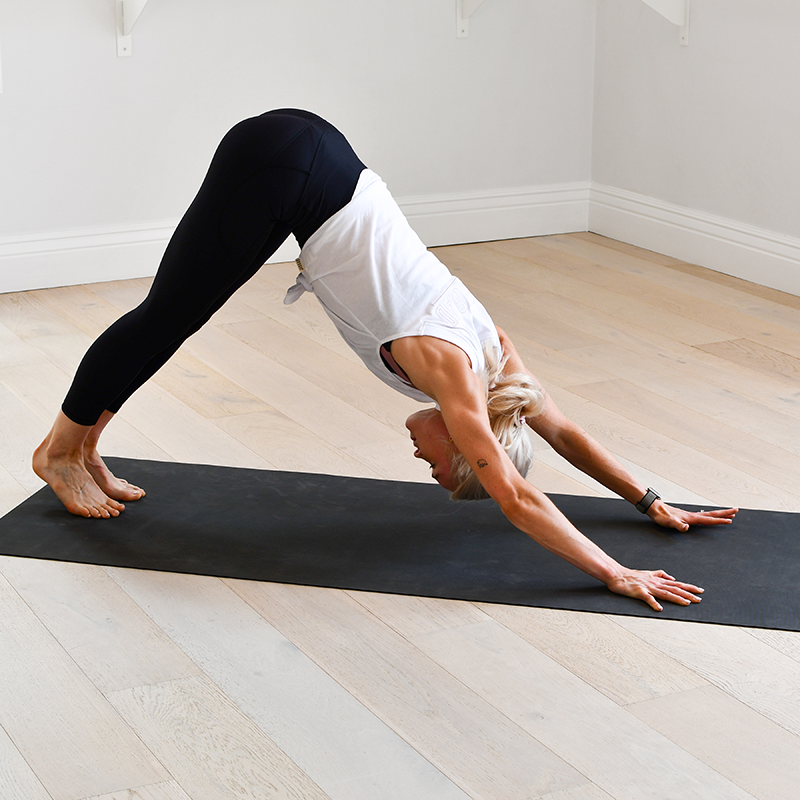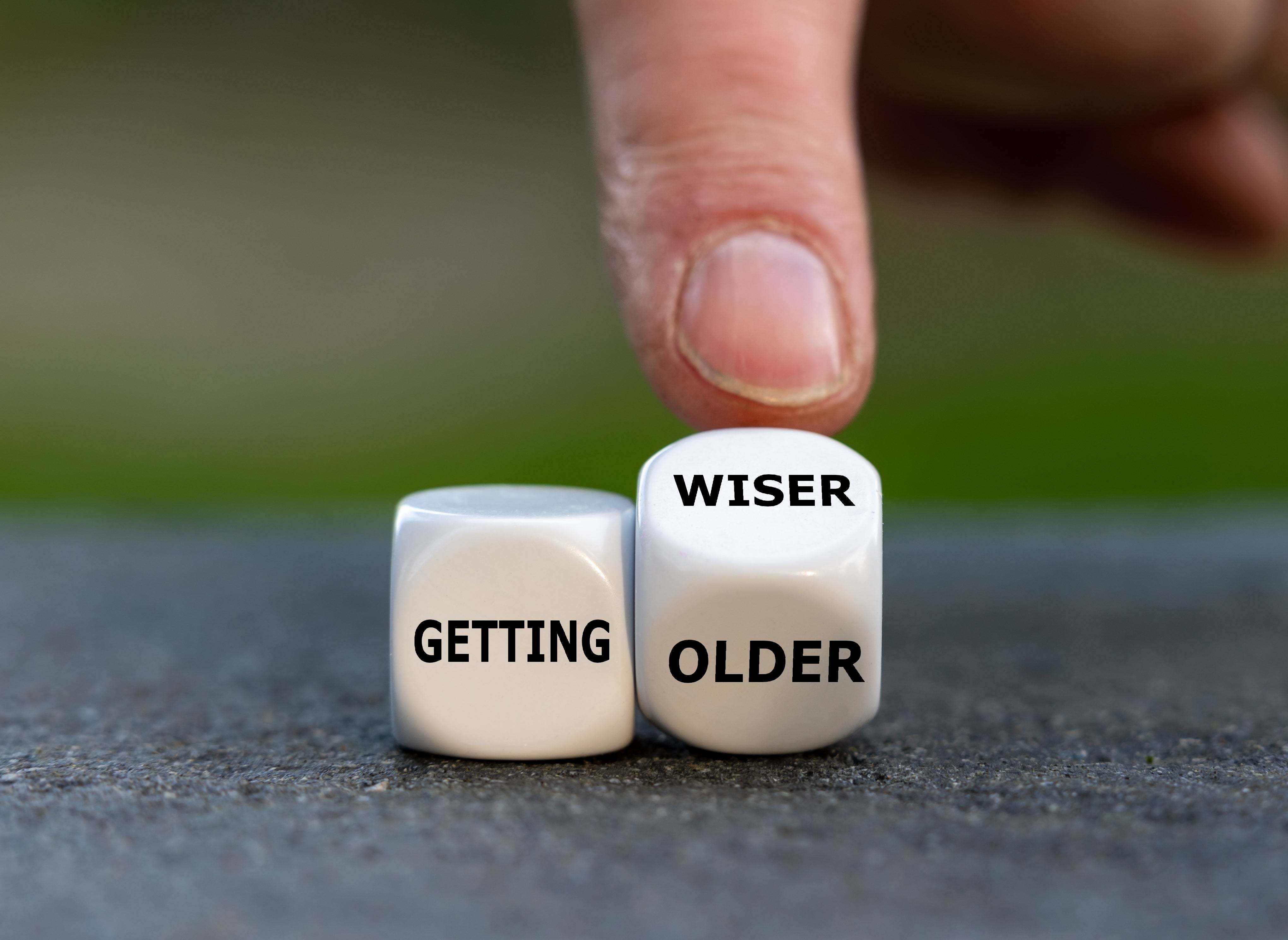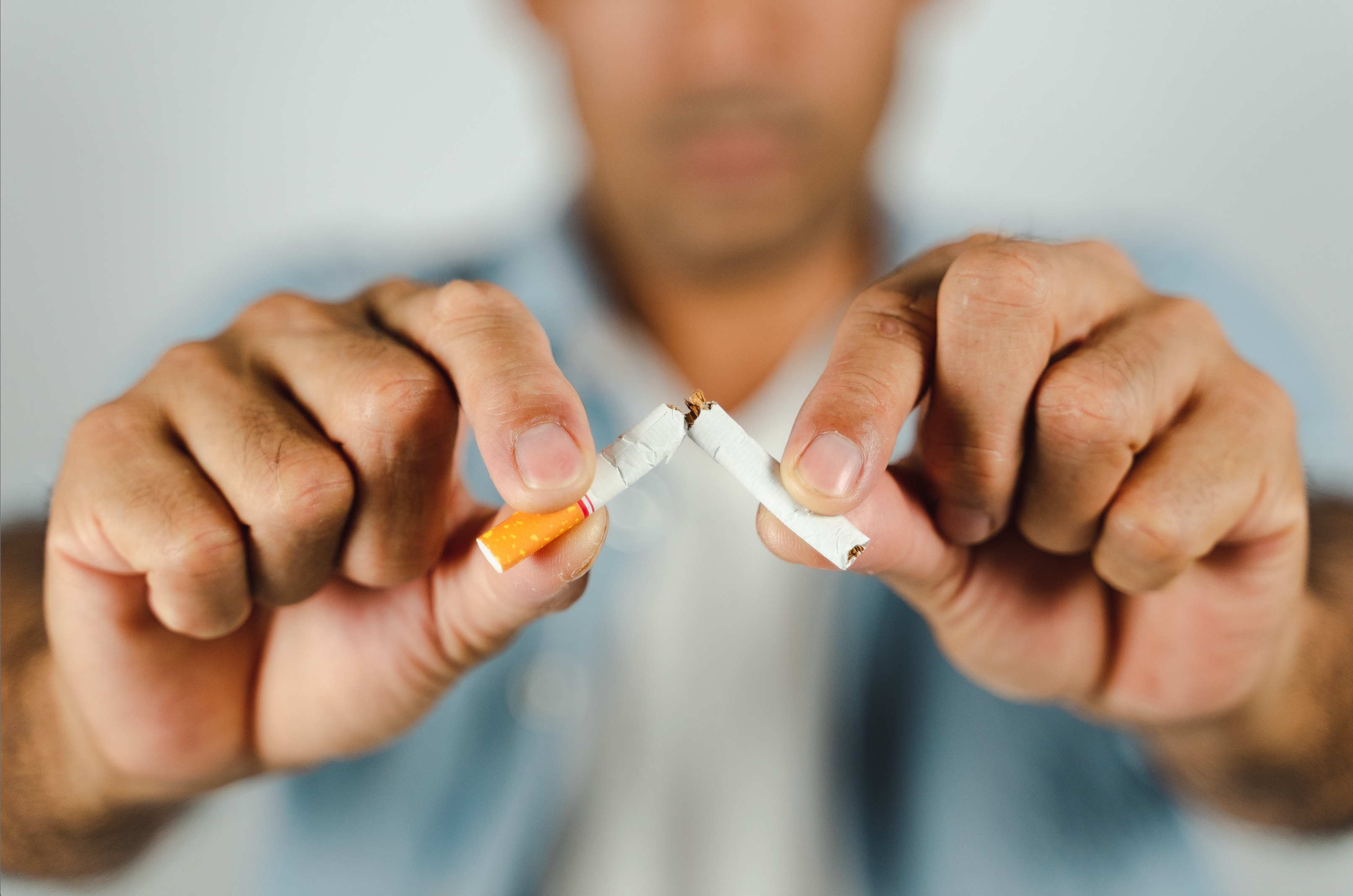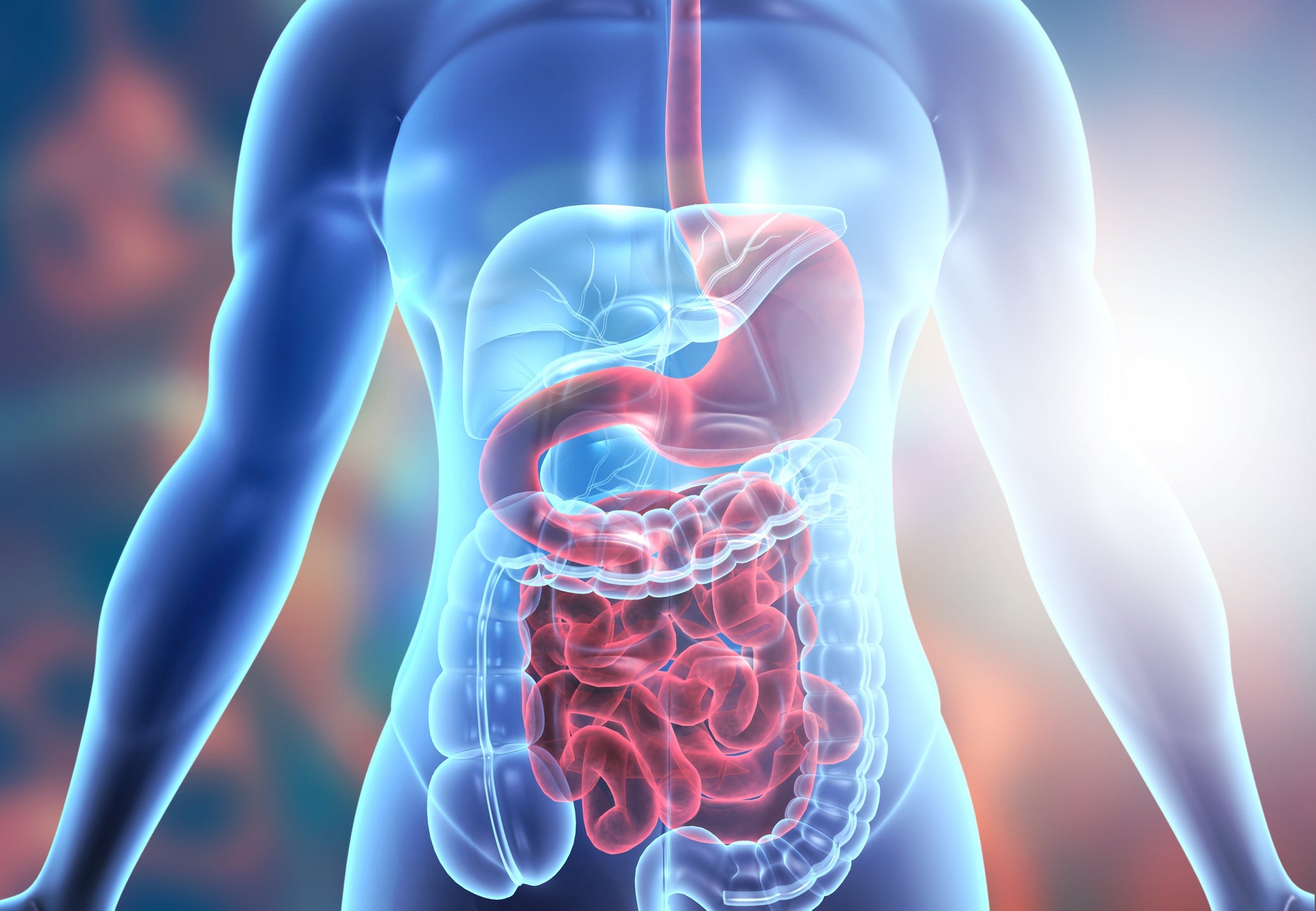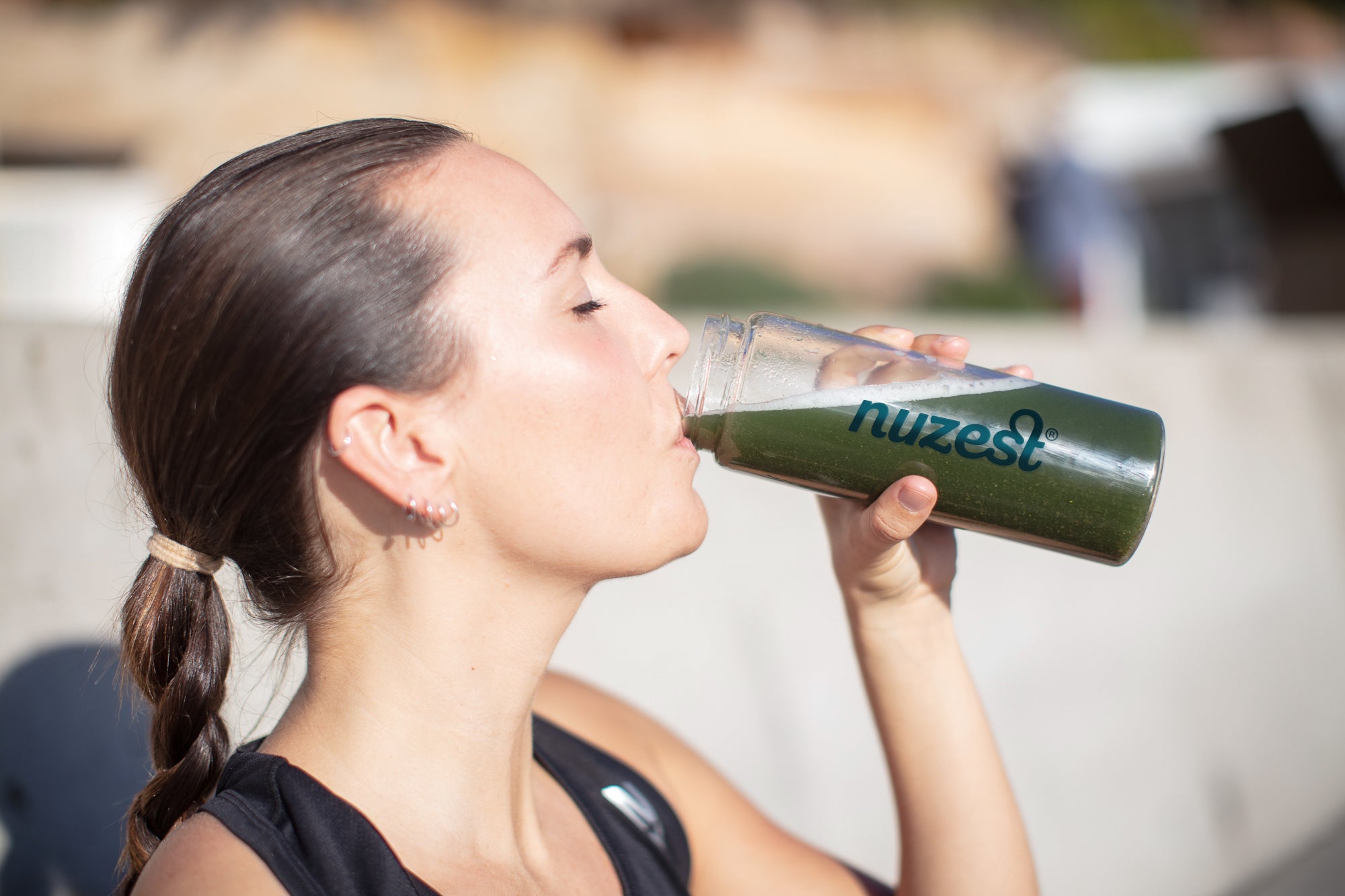It's the age-old question that tends to baffle many of us: if I want to lose weight, do I diet or do I just hit the gym? Many of us are fortunate to have found the right weight loss formula for them, however most of us are completely perplexed as to whether it's diet or exercise that is the answer to weight loss. So let's look at the pros and cons of diet for weight loss versus exercise for weight loss.
Diet for weight loss
The bottom line with diet for weight loss is that it's simply much easier to NOT eat that extra serving of dinner than is it to try and burn it off with exercise. A systematic review of 3,500 overweight participants looked at diet only versus exercise only for weight loss. They found there was more sustained weight loss in the diet only group compared with the exercise only group.
The problem with diet only however is that being in calorie-restriction long term is not only hard but it's also unsustainable. Without exercise, part of the weight loss is also likely to be lean muscle tissue as well as fat, which means basal metabolic rate (the rate you burn calories at rest) reduces and weight loss results over time can slow down or come to a grinding halt, not to mention making weight maintenance that much more difficult.
Exercise for weight loss
Exercise plays an important role in energy balance because it's a way of burning excess calories, helping us to get into calorie-deficit. It also helps to build and retain lean muscle tissue, which helps keep that metabolic engine firing and burning more calories when we're resting. Exercise also helps our bodies use insulin more efficiently, which in turn can support weight loss. I also should also mention the plethora of other incredible health benefits exercise can provide us from improved mental health to increased bone strength, to name a few but of course the focus of this article is weight loss.
The problem with relying on exercise only for weight loss is that for most people, it's simply too difficult to exercise off 500 calories every day, which is the calorie-deficit required for half a kilogram of weight loss per week. This would take at least 1.5 hours of moderate activity like brisk walking or swimming or 1 hour of high intensity exercise every day. However if you were then to go and have half a bottle of wine and a shared dessert or a chocolate bar and a soft drink, there's your 500 calories that you've worked so hard to burn off.
The other issue as well is that most people underestimate the number of calories they've burnt during an exercise session; they often underestimate the number of calories certain foods provide as well. For example, let's say you do a 1 hour walk which burnt around 350 calories and then think to yourself, well I deserve that piece of birthday cake at work now boom, there is 400 calories, so you've in fact consumed more extra calories than you've burnt in that exercise session.
Exercise also makes you HUNGRY! A long run, boot camp or a HIIT session churns through your energy stores and your body is keen to replace those stores quick smart and it does this by ramping up your appetite. This often leaves you feeling like you're chasing your dietary tail all day, never really feeling satisfied and often then overdoing the food.
What's the verdict?
If I were to have to choose between diet and exercise as to which is more effective for weight loss, my answer would be diet. The reason why is that in our time-poor lives, if we had the choice to spend that precious spare hour of our day exercising, or taking time to buy healthy groceries and prepare our meals, the healthy diet habits would achieve the most effective weight loss, at least in the short-term. Of course, what that 'diet' looks like for every person is not the same, it's simply the diet that is the easiest for you to stick to long term.
The research however definitively shows that it's the combination of diet AND exercise that is the key to successful and sustainable weight loss. Although they might play a different role at different stages of weight loss, it's the combination that is definitely most powerful.
It's important to keep in mind that 'diet change' and 'exercise' does not mean a rigid, no carbohydrate (miserable existence) diet, nor does it mean whipping yourself at boot camp every day - quite the contrary in fact. In my experience, those who are most successful with weight loss both in the short and long term make small and achievable adjustments to their diet and activity regime and continue to make adjustments over time as they become fitter or their goals change.
Most of my patients are flabbergasted after a lifetime of hard core dieting when I put them on a moderate calorie-restricted meal plan that includes all sorts of 'taboo' foods like bread, fruit and *gasp* diary as well as a brisk walk most days that they achieve the best weight loss results of their life.
Lastly, it's important to consider as well that if you start your weight loss journey with an already healthy, calorie-controlled diet but you do little to no activity, starting an exercise regime will have a substantial impact on your weight loss. On the flip side, if you are a regular at the gym but you've not mastered your diet, then making a dietary change is also likely to have a significant impact on your weight loss.







